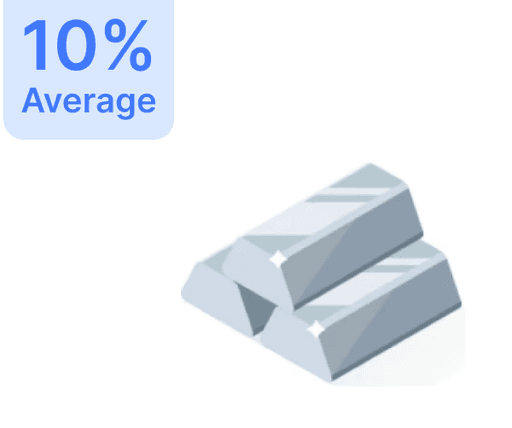
J&K Bank: Legacy and Transformation from 1938 to 2024

 Jul 23, 2024
Jul 23, 2024 15 Mins
15 MinsThe Jammu & Kashmir Bank Limited (J&K Bank) stands as a prominent entity in India's private banking sector, deeply rooted in the picturesque region of Jammu and Kashmir. Established on October 1, 1938, by Maharaja Hari Singh with an initial capital of ₹5.00 Lakh, it emerged as a pioneering state-controlled bank with public involvement. Overcoming historical obstacles such as branch losses during the Indo-Pakistani War of 1947-1948, J&K Bank has been integral to the area's economic advancement.
Achieving recognition as a scheduled bank in 1971 and an ‘A’ class bank by the Reserve Bank of India in 1976 marked significant milestones. By 2013, during its platinum jubilee, J&K Bank demonstrated financial prowess with a business turnover of ₹1000 billion. Beyond its banking operations, the bank is actively involved in community service and development initiatives, particularly in Jammu, Kashmir, and Ladakh.
As of June 3, 2024, J&K Bank operates 2400 service points, including 1001 branches and 1388 ATMs, maintaining a robust presence in the Union Territories of J&K and Ladakh. The bank has expanded its portfolio to encompass corporate and retail banking services, financial solutions, and investments via JKB Financial Services Limited, alongside rural banking support through the J&K Grameen Bank.
J&K Bank's strategic focus is further highlighted by its ranking among the top four financial institutions in India for meeting digital payment targets under the 'Digital India' initiative as of July 2020. However, the bank has also faced challenges, including corruption allegations that prompted investigations by the Anti-Corruption Bureau and Enforcement Directorate.
At present, J&K Bank continues to be a cornerstone in driving socio-economic growth in the region, guided by a future-focused vision. Its journey showcases resilience, community dedication, and ongoing advancements in banking services, ensuring a forward-looking path while preserving a legacy of trust.




